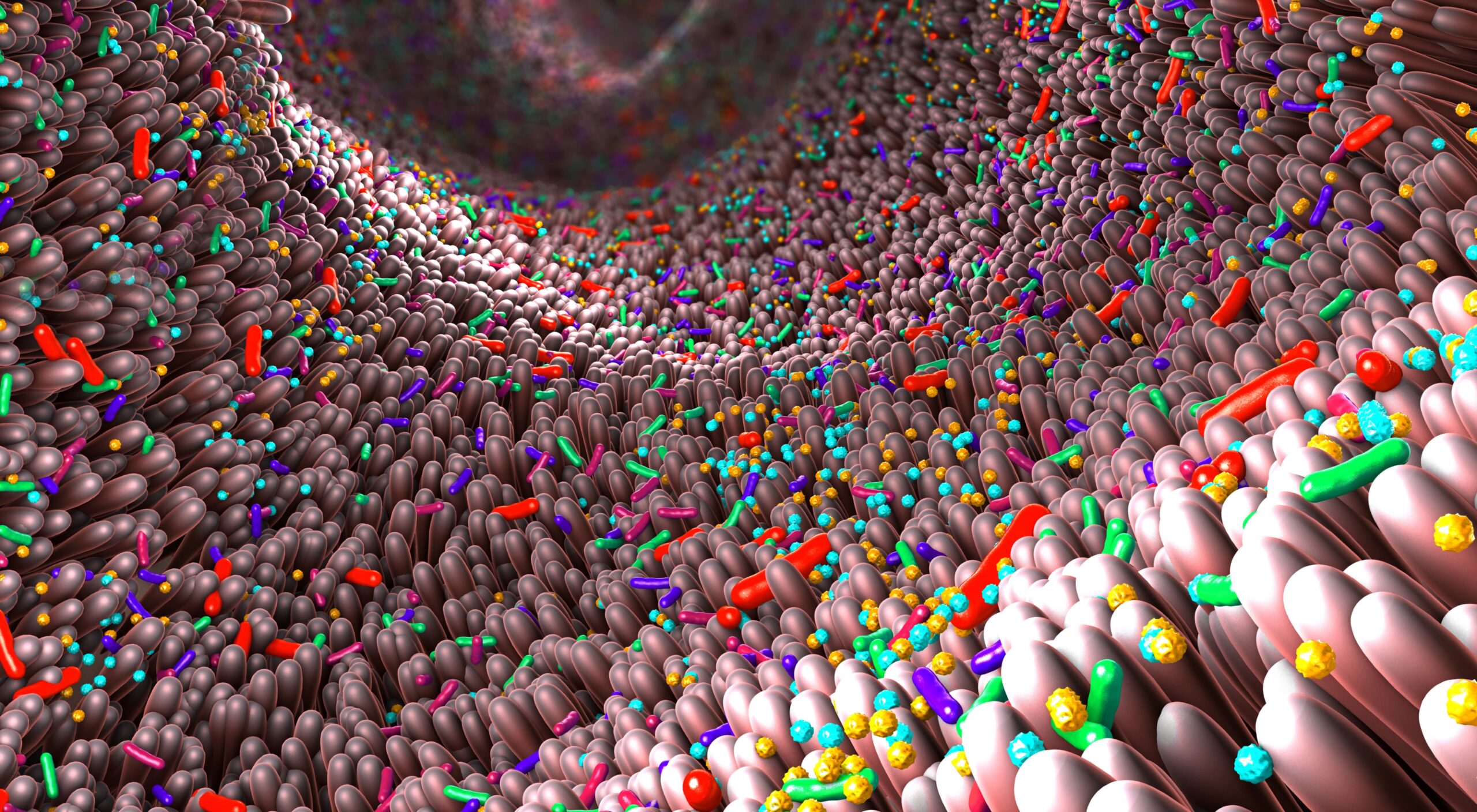For this study one group of participants was instructed to fast for three non-consecutive days a week, they were told to eat 25% of what they would normally consume on fasting days and consume whatever they wanted on non-fasting days. The other group was instructed to reduce caloric intake every day by the same amount, 30% of their weight maintenance needs. All of the participants were provided behavioral support during the intervention and advised on how to improve their overall diet quality as well as encouraged to increase physical activity levels.
In the pilot study that focussed on the first 3 months of the one-year intervention study several changes were noted in the microbiome in the participants of both groups; results suggest that in terms of microbiome diversity, both weight loss interventions are equally successful, all participants in both groups experienced positive changes in the overall taxonomic structure of their microbiome composition.
“Dr. Catenacci and her team were aiming to understand intermittent fasting because it’s become really popular, but some clinicians are hesitant to recommend it for weight loss,” Stanislawski says. “This could give people who are trying to lose weight more options. As you might imagine, being able to eat whatever you want on a specific day, such as for a party or social engagement, is really helpful.”
“There are various measures of the microbiome that we tend to think about,” Stanislawski explains. “One of them is called alpha diversity, and these measures represent the diversity of the different types of microbes in an environment. While not always true, a more diverse and robust microbiome is often associated with better health and leanness. This is probably because if you have a more diverse set of microbes in your gut, then you have more microbes that can respond to a diverse set of health impacts.”
“We looked at different measures of alpha diversity that take into account various features of diversity,” she says. “They all increased in the first three months of this intervention, which is great. When we looked at differences between the two intervention groups, there weren’t really any differences in terms of alpha diversity.”
“This means that you can choose a dietary weight loss strategy that works for you, and either way your microbiome will likely shift and increase diversity,” Stanislawski says.
The researchers also examined the relationships between the gut microbiome and blood DNA methylation, working with CU researchers Emily Hill, Ph.D., RDN, in the Department of Pediatrics, and Iain Konigsberg, Ph.D., in the DBMI, who worked with Stanislawski and Sarah Borengasser, Ph.D., and several other researchers across the CU Anschutz Medical Campus, on a new study using the same behavioral weight loss intervention data, showing that diet impacts the microbiome diversity and the rest of the body.
“It’s one of the multiple epigenetic mechanisms that regulate our genes without directly altering our DNA sequences,” he says. “DNA methylation is a dynamic process, and it impacts compaction of our DNA and accessibility by regulatory machinery. The idea is that very broadly speaking, increased methylation at gene regulatory regions generally represses expression of those genes.”
“One of the biggest appeals of epigenetic mechanisms is that they are a means through which the environment can act to alter our genes and our health,” he continues.
“You have certain genes whose activity put you at a greater risk of some type of disease, but if you live a healthy lifestyle, they aren’t activated,” Konigsberg says. “But if you’re a smoker, they start going haywire.”
“Our results reinforce this idea that we may see a lot of changes in microbes that are associated with diet and obesity during weight loss,” Konigsberg says. “We also see abundance of microbes associated with DNA methylation levels in genes that we know are involved in relevant processes in the body, such as metabolism.”
“We are able to show these downstream effects in the body that are associated with the gut microbiome — and may even be mediated through the actions of these microbes,” Konigsberg says.




